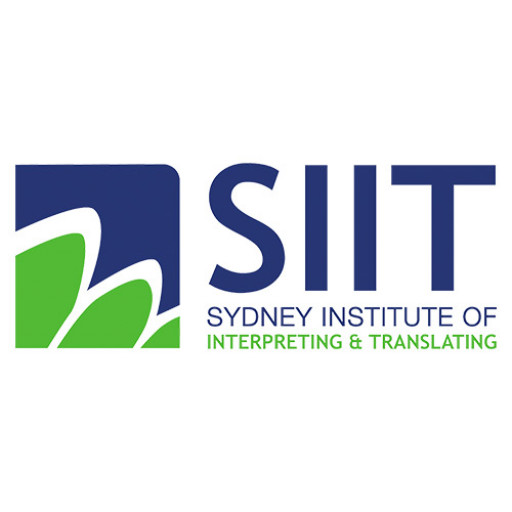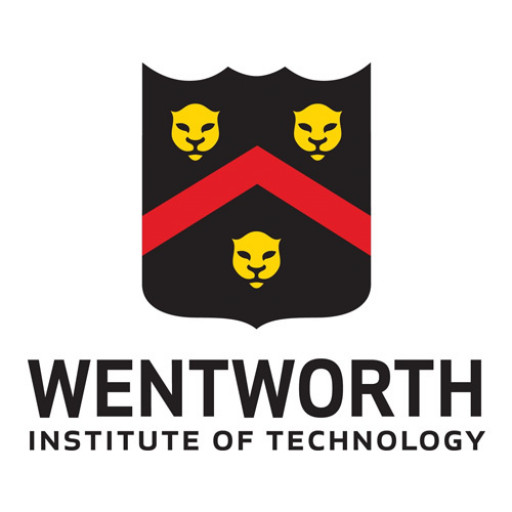This qualification covers the competencies necessary to interpret exclusive purpose texts in one language to another, to communicate information written with special vocabulary for a certain viewer in functionally equivalent translated texts that are accurate and applicable to the circumstance, target audience and end use.The Advanced Diploma of Translating prepares translators to interpret texts where there maybe significant equivalence issues between origin and target text, the subject of the text has its particular terminology, or there is need to undertake extensive search and interpret complex language and concepts. Specific audiences could possibly be seen in trade and marketing, government and international relations \u2013 for example immigration, both national and regular \u2013 the media, and industries generally considered to be professional, such as health, law and medicine, science and technology. Assignments may deal with material which demands significant excellent assurance procedures as the consequences of mistranslation can be much reaching.The English to LOTE specialisation is applicable to candidates whose strongest language is their LOTE.The LOTE to English specialisation is applicable to candidates whose most powerful language is English.The LOTE-English both guidelines specialisation is applicable to candidates that have equal facility in both the LOTE and English.No licensing, legislative or certification requirements affect the qualification at the right time of publication.Additional qualification adviceWhere that a SITXLAN unit is chosen in Group C or D, the qualification title on the resultant testamur must incorporate the special LOTE of their SITXLAN unit: Advanced Diploma of Translating (LOTE of chosen SITXLAN unit to English) e.g. Advanced Diploma of Translating (Hindi to English) or (English to Hindi) or (Hindi-English both directions). Where PSPTIS067 is chosen in Team D, or even the typical LOTE to English specialisation is chosen, the resultant testamur has to be identified: Advanced Diploma of Translating (LOTE to English) or (English to LOTE) or (LOTE-English both directions), and the following wording could possibly be added: \u201cThis qualification was assessed in (terminology ). \u201dWhere SITXLAN3328 is chosen in Group C, or SITXLN3428 is chosen in Group D, the resultant testamur has to be identified: Advanced Diploma of Translating (Australian native languages to English) or (English to Australian native languages) or (Australian Lebanese languages-English both directions), and the following wording could possibly be inserted: \u201cThis qualification was analyzed in (speech ). \u201d
The Translating program at the Sydney Institute of Interpreting & Translating is designed to equip students with comprehensive skills and knowledge necessary for a successful career in professional translation. This program offers an in-depth exploration of language structures, translation theories, and practical techniques essential for producing accurate and culturally appropriate translations across a variety of fields. Students will develop advanced proficiency in at least two languages, building upon their existing language skills through targeted coursework, practical exercises, and real-world projects. The curriculum covers various specialized domains such as legal, medical, technical, literary, and business translation, preparing graduates to meet the demands of diverse industries. Throughout the program, students engage with authentic texts and translation tools, including computer-assisted translation (CAT) software, to enhance productivity and consistency. Additionally, the program emphasizes cultural awareness, ethical considerations, and the importance of context in translation work, ensuring graduates can navigate the complexities of intercultural communication effectively. Students will also gain insights into the translation industry, including freelance practice, working with agencies, and establishing a professional portfolio. The program blends theoretical instruction with practical experience, often involving internships and collaborative projects, to foster confidence and competence in real-world translation scenarios. By the end of the program, graduates will be well-prepared to undertake translation assignments in a wide range of professional settings, contributing valuable language services that facilitate communication and understanding across borders.
The Translating program at the Sydney Institute of Interpreting & Translating requires applicants to have completed secondary education equivalent to the Australian Year 12 qualification or higher. Prospective students must demonstrate proficiency in English, typically through an English language test such as IELTS or equivalent, with minimum scores specified by the institute. The program is designed to develop advanced translating skills across various subject areas, including legal, medical, technical, and commercial texts. Admission may also consider relevant prior experience or qualifications in language studies. The curriculum encompasses both theoretical and practical training, emphasizing bilingual language proficiency, cultural competence, and specialized terminology. Students are expected to complete a series of coursework modules, practical translation projects, and assessments to demonstrate their competency. During the program, students will engage in interpreting and translation exercises, participate in workshops, and complete internships or industry placements where available. The program aims to prepare graduates for professional careers as translators in government, legal, healthcare, or private sectors. To successfully graduate, students must achieve a specified number of credits and meet assessment standards established by the institute. Additionally, applicants may need to submit a personal statement or portfolio demonstrating their interest and background in translation. The program may have language prerequisites, requiring proficiency in specific languages offered by the institute, such as Chinese, French, Arabic, or others. Continuing professional development or industry certifications may be encouraged or provided upon completing the program. The institute ensures that all coursework aligns with industry standards, maintaining a high level of quality and relevance in the training.
The financing studies for the Translating program at the Sydney Institute of Interpreting & Translating are designed to provide prospective students with a comprehensive overview of the available financial options to support their education. Tuition fees vary depending on the specific course load, student status, and residency classification. Domestic students are generally eligible for subsidies or concessions provided by the Australian government under the Commonwealth Supported Place scheme, which significantly reduces the overall cost of the program. International students are required to pay full tuition fees, which are detailed in the institution's official fee schedule, and must prepare for additional expenses such as visa application fees, health insurance, and living costs.
Students are encouraged to explore various funding options, including scholarships, grants, and bursaries offered by the Sydney Institute of Interpreting & Translating or external organizations dedicated to supporting language and translating studies. These financial aid opportunities often require an application process, including submission of academic records, personal statements, and sometimes interviews. On-campus financial services provide counseling and guidance to help students identify suitable funding sources and assist in the preparation of scholarship applications.
In addition to scholarships, students can consider student loans available through Australian government programs, which may cover tuition fees and living expenses, with repayment commencing after graduation when income thresholds are met. Payment plans are sometimes offered by the institution to spread out tuition costs over a series of installments, making financial management more manageable for students. Some students also fund their studies through part-time employment, which can be facilitated by flexible online components or part-time course options offered by the Sydney Institute of Interpreting & Translating.
Moreover, international students need to budget for additional costs such as Overseas Student Health Cover (OSHC), accommodation, textbooks, and daily living expenses, which are not covered by tuition fees alone. The institute provides resources and advice on how to plan financially for the duration of the program. Future graduates should consider potential career earnings as interpreters or translators in assessing the return on investment for their studies, as the demand for language services continues to grow internationally.
Overall, the program’s financing options aim to make translating studies accessible to a diverse range of students, supporting their academic and professional ambitions. Financial planning should be an integral part of the enrollment process, and prospective students are advised to contact the institute’s admissions office or financial aid services directly for the most current and personalized information regarding tuition fees and funding opportunities.
The Translating program offered by the Sydney Institute of Interpreting & Translating is designed to equip students with the essential skills and knowledge required to excel in the professional field of translation. This program emphasizes practical training, ensuring that graduates are well-prepared for the dynamic demands of the translation industry. Students are introduced to advanced translation techniques, industry standards, and ethical considerations that are vital for delivering high-quality translation services. The curriculum covers a broad range of language pairs, focusing on both general and specialized translation contexts, including legal, medical, technical, and business translations. The program also integrates coursework on translation technology, including the use of CAT (Computer-Assisted Translation) tools, terminology management, and multimedia translation platforms, reflecting current industry practices. Additionally, students have opportunities to develop their intercultural communication skills and gain insights into cultural nuances that influence translation accuracy and effectiveness. Practical experience is a core component, with opportunities for internships, workshops, and collaboration with translation companies. The program is tailored for bilingual individuals seeking to professionalize their language skills and enter the competitive translation industry. Graduates of the program are qualified to work as professional translators or language specialists, either independently or within organizations requiring qualified linguistic services. The Sydney Institute of Interpreting & Translating maintains close ties with industry partners, facilitating real-world experience and employment pathways upon graduation. The program is designed to meet the professional standards required by certification bodies such as NAATI (National Accreditation Authority for Translators and Interpreters), ensuring that graduates meet national and international professional benchmarks. Overall, the Translating program offers a comprehensive educational experience that combines theoretical knowledge, practical skills, and industry insights to prepare students for successful careers in translation.




